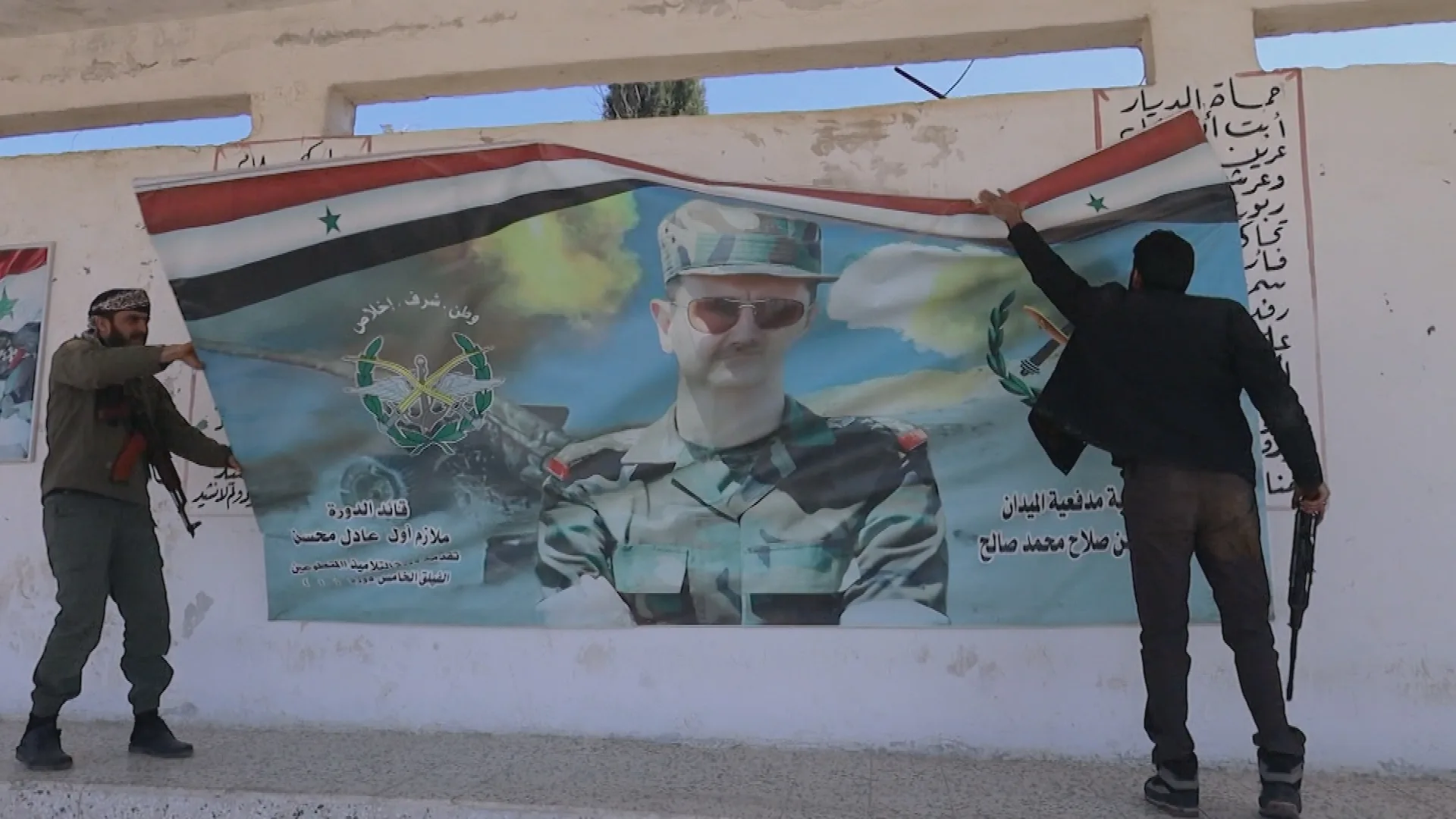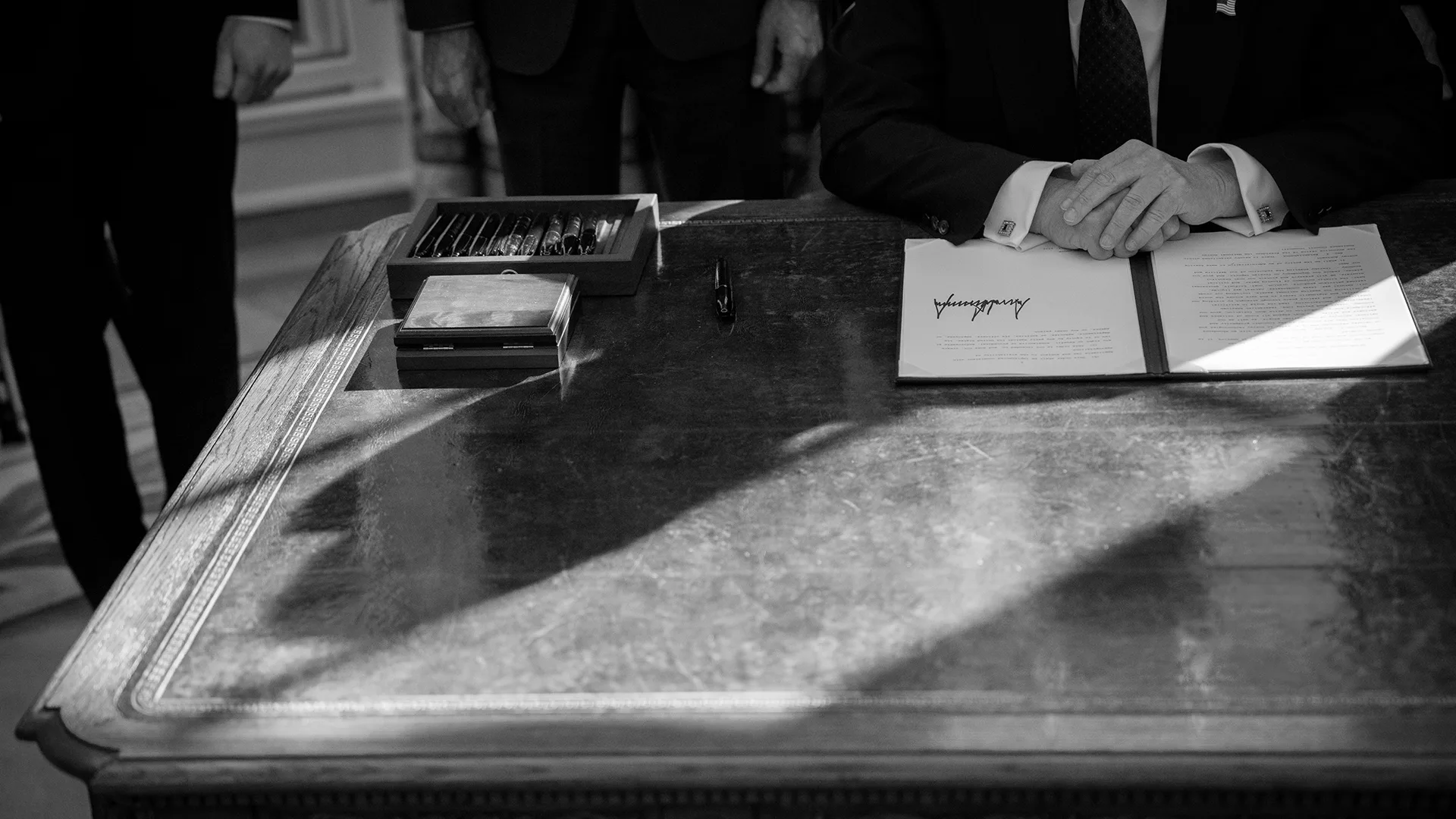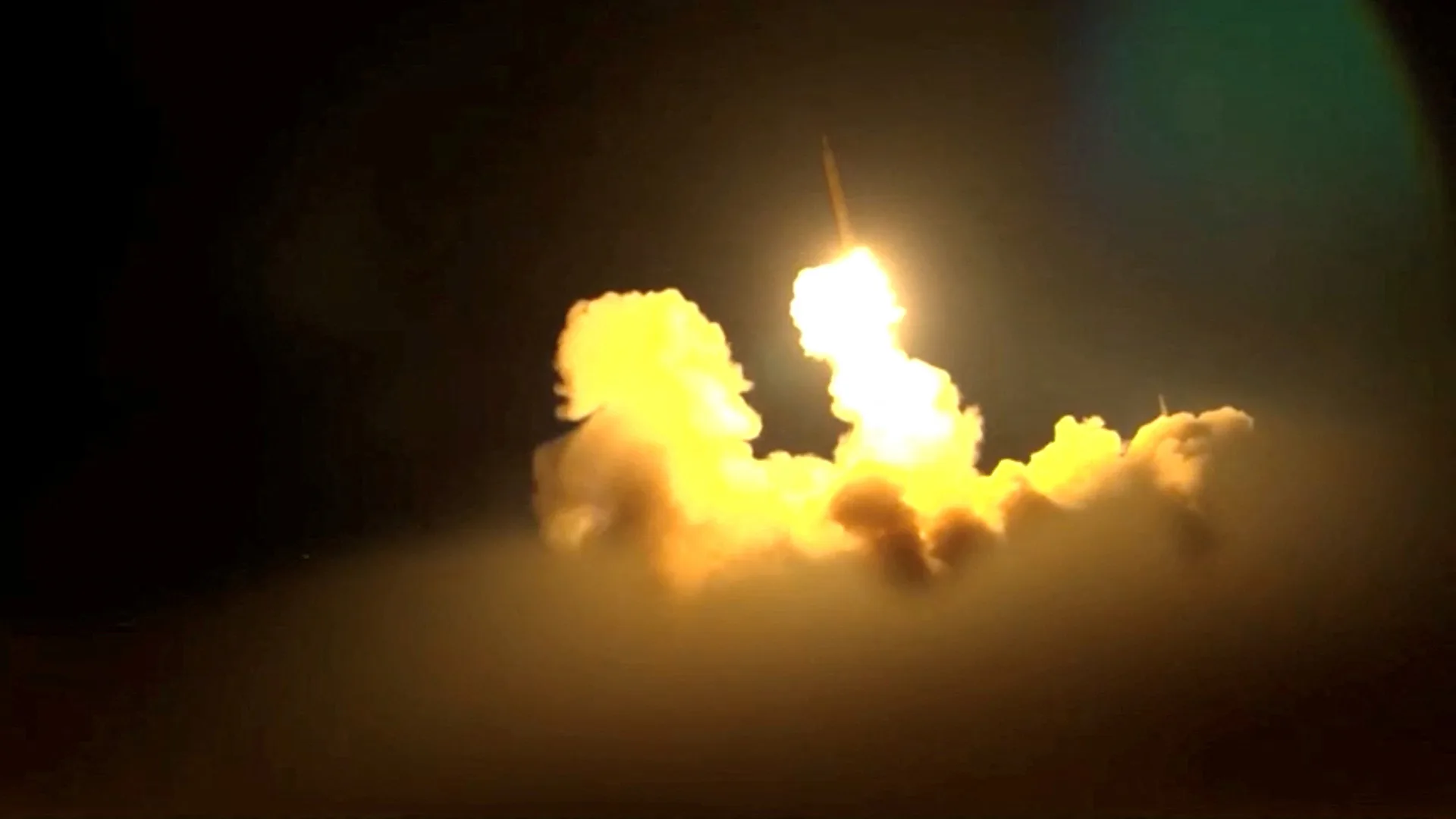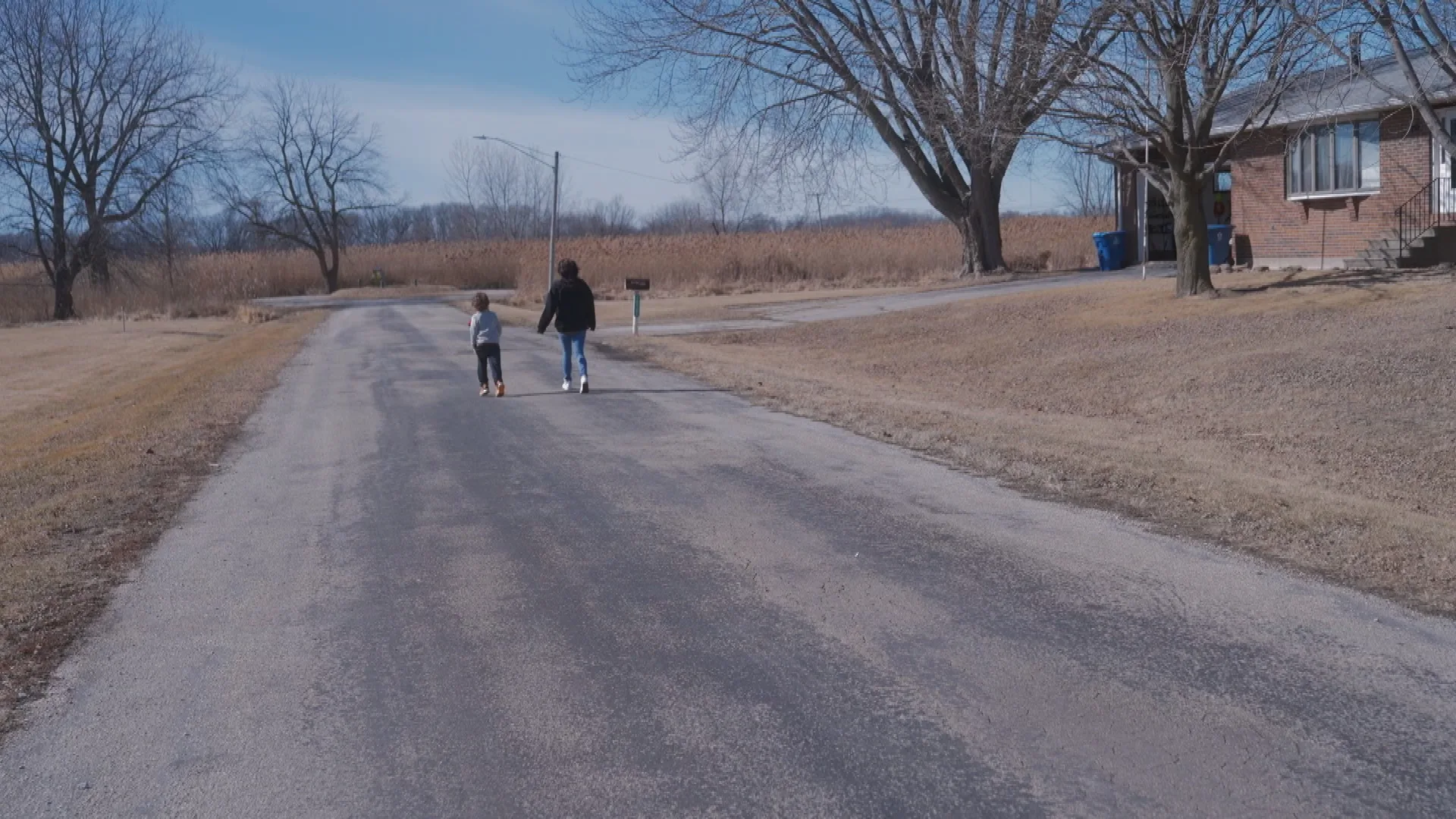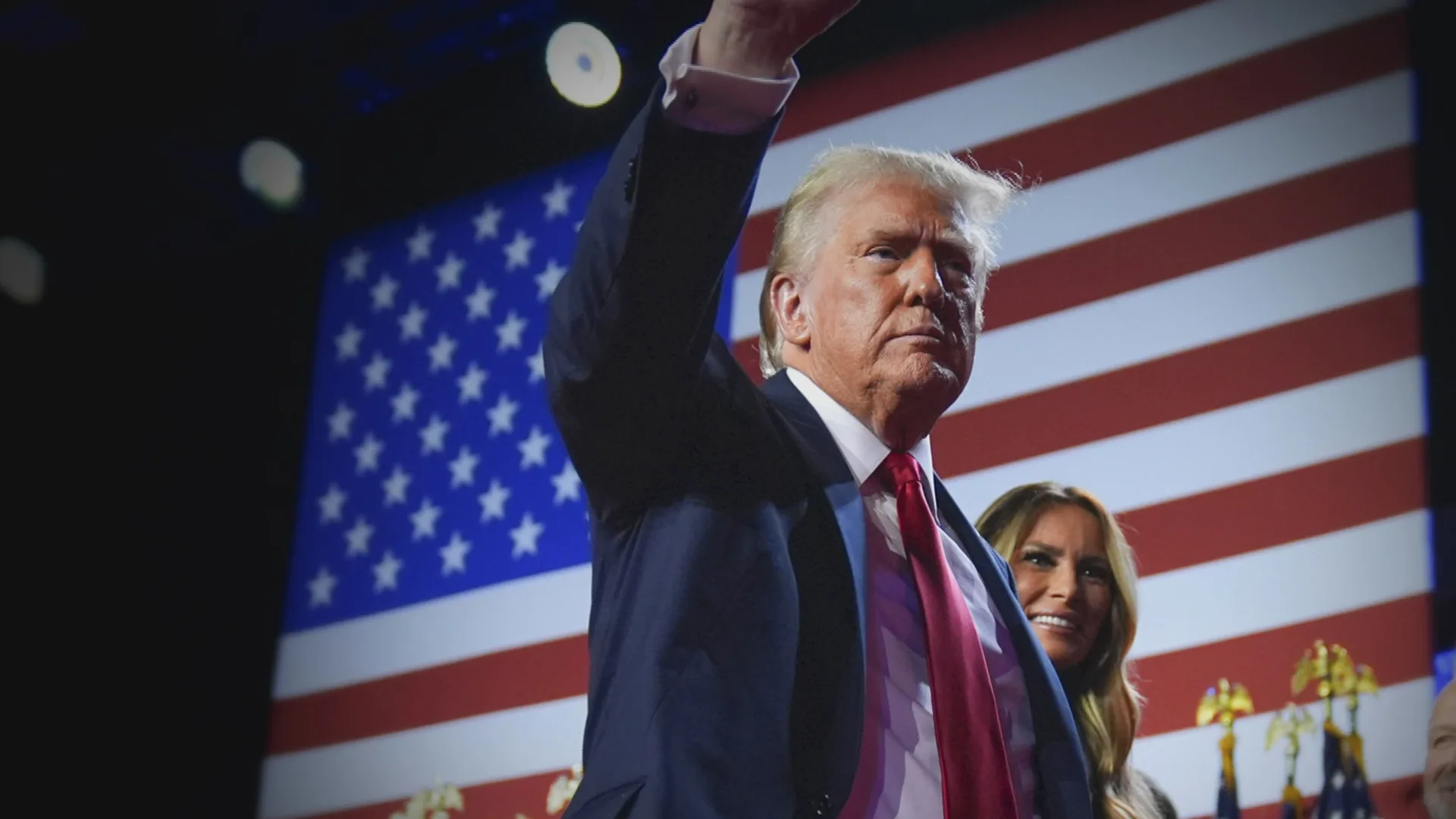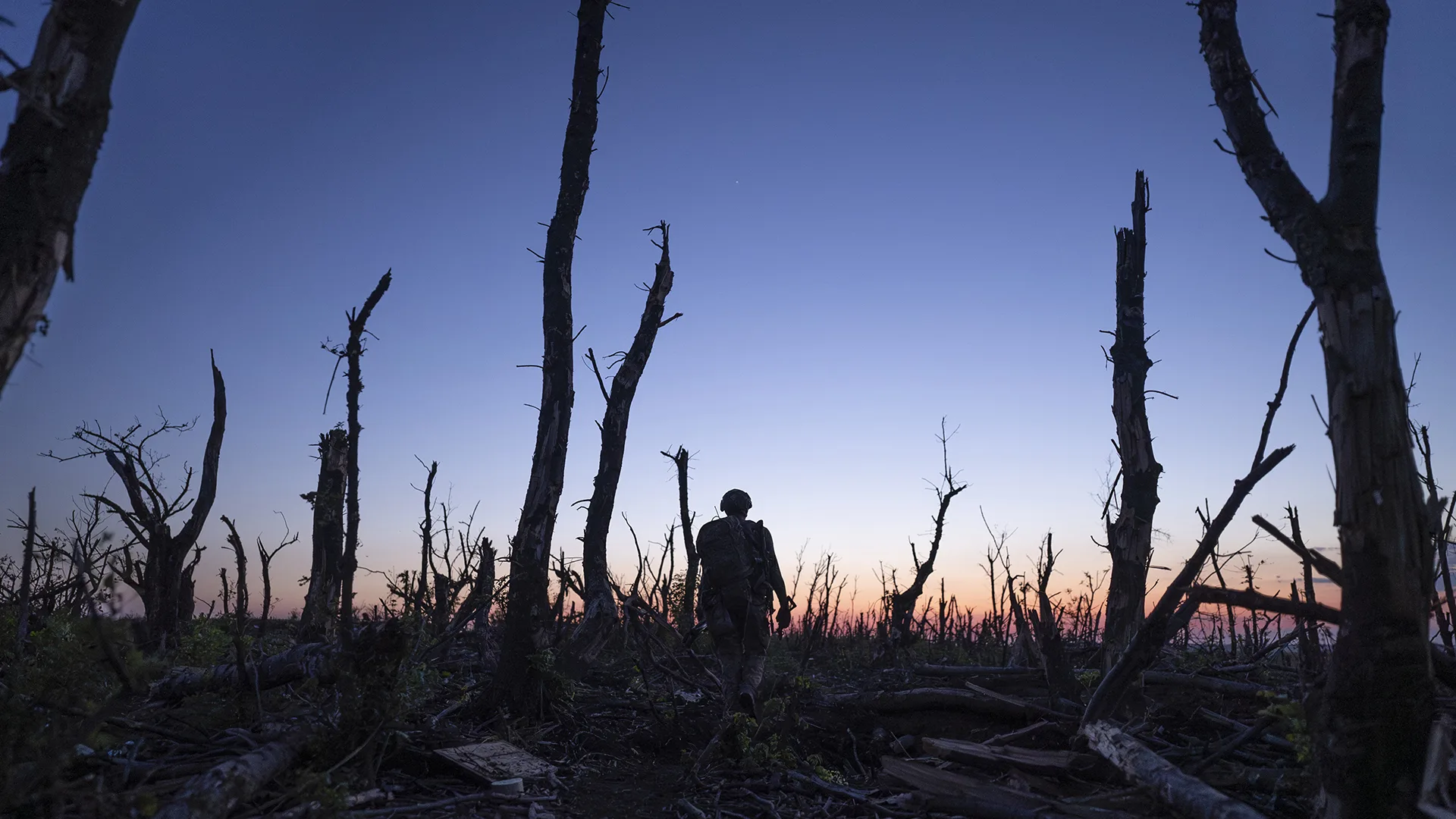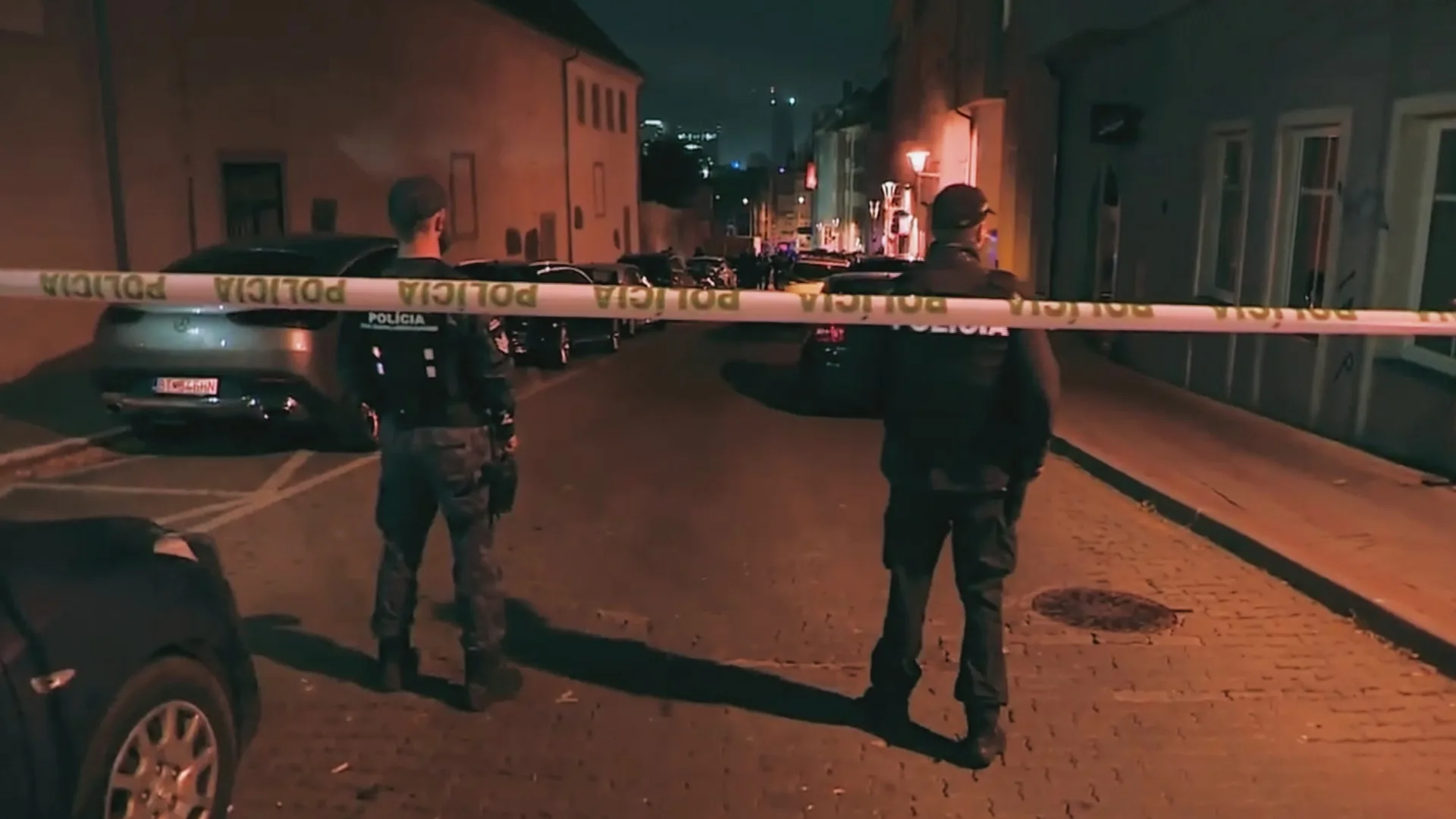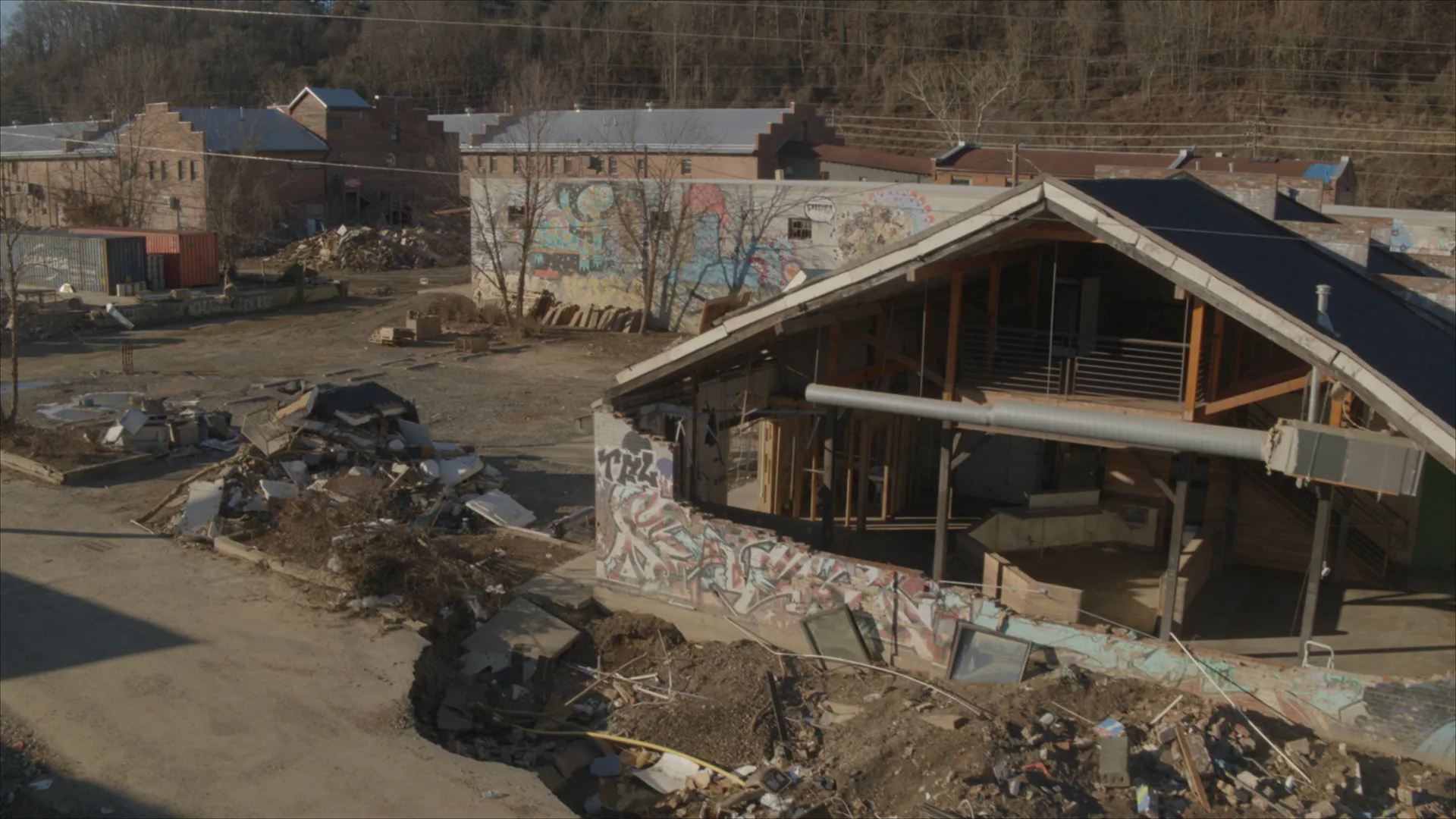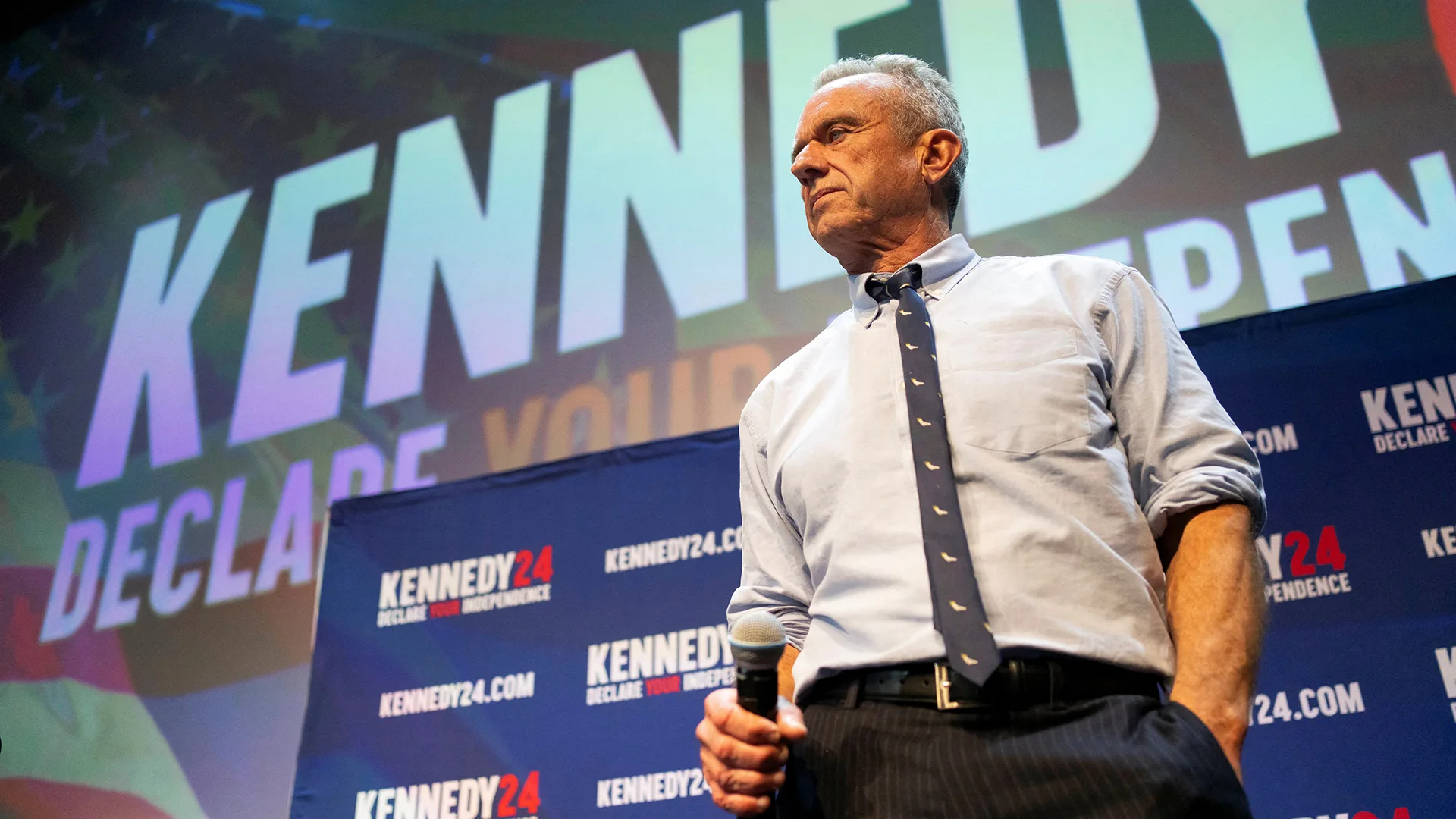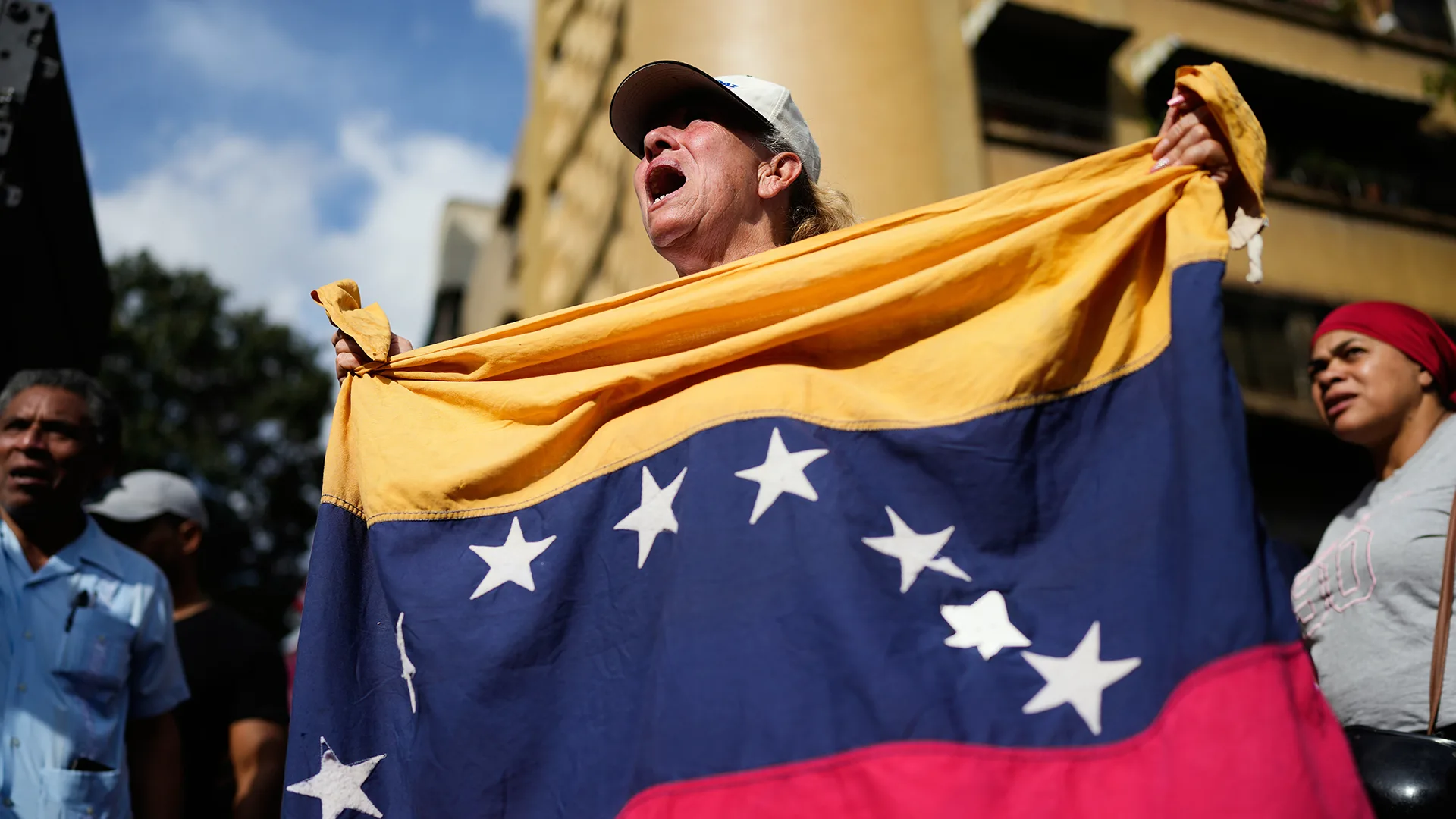The Secret War
January 3, 2012
17m
Inside the deepest front in America's war against Al Qaeda and the Taliban: Pakistan
The Secret War
January 3, 2012
17m
Share
Stephen Grey and Martin Smith go inside the deepest front in America’s war against Al Qaeda and the Taliban: Pakistan. They uncover new details about border-crossing CIA-funded Afghan militias, investigate covert support for elements of the Taliban by the Pakistani military and intelligence, and explore the Obama administration’s escalated campaign of drone strikes in Pakistan’s tribal areas.
Produced by
Transcript
Credits
Journalistic Standards
Support provided by:
Learn More
Most Watched
The FRONTLINE Newsletter
Related Stories
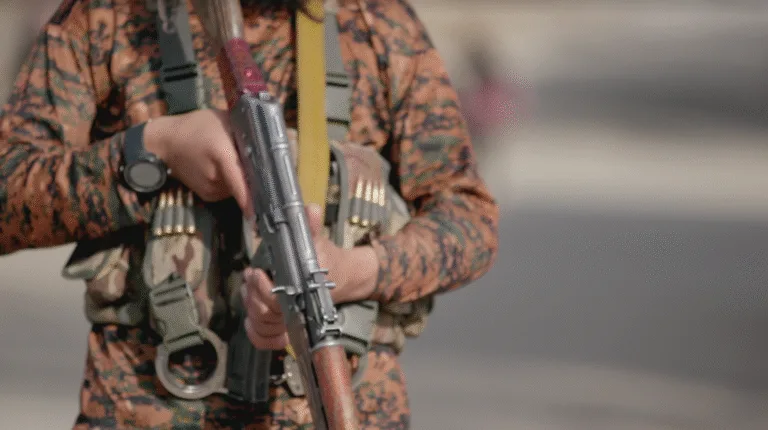
18 Essential Documentaries on Afghanistan and the Taliban
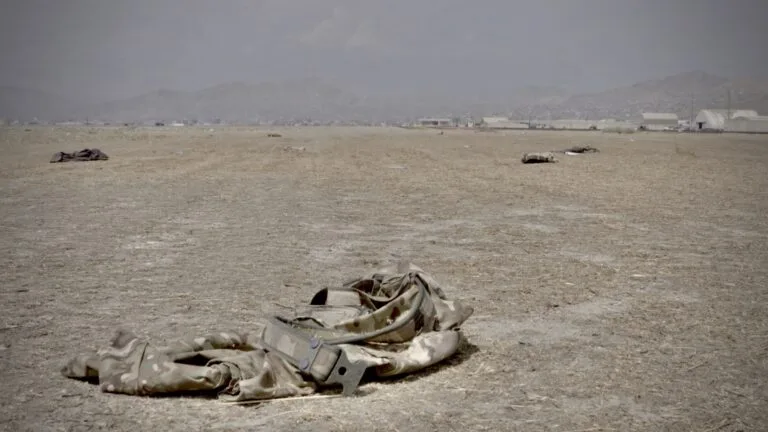
17 Essential Documentaries on the War in Afghanistan — and Its Consequences
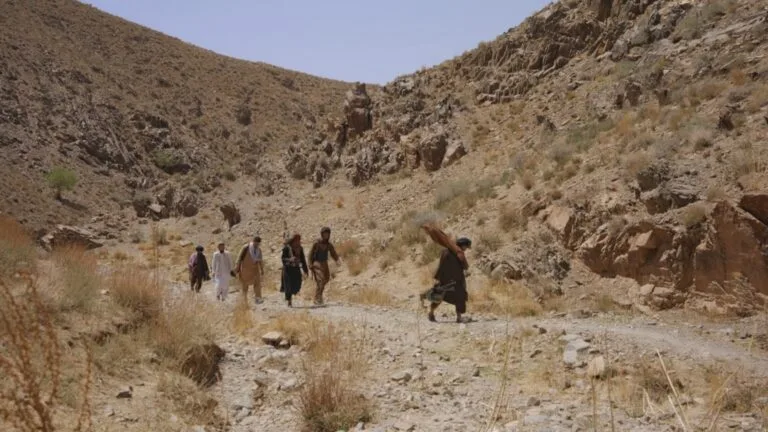
Amid the U.S. Withdrawal From Afghanistan, 14 Documentaries Explore the Two-Decade War and Its Impact
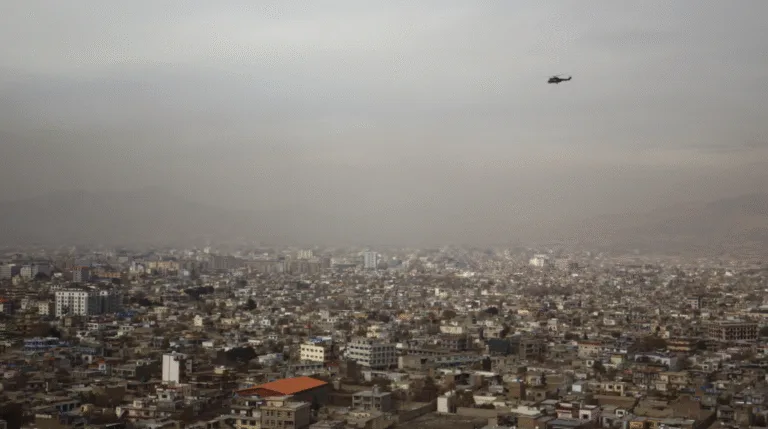
The War in Afghanistan: As Biden Sets U.S. Withdrawal Date, 13 Documentaries Explore the Conflict and Its Impact
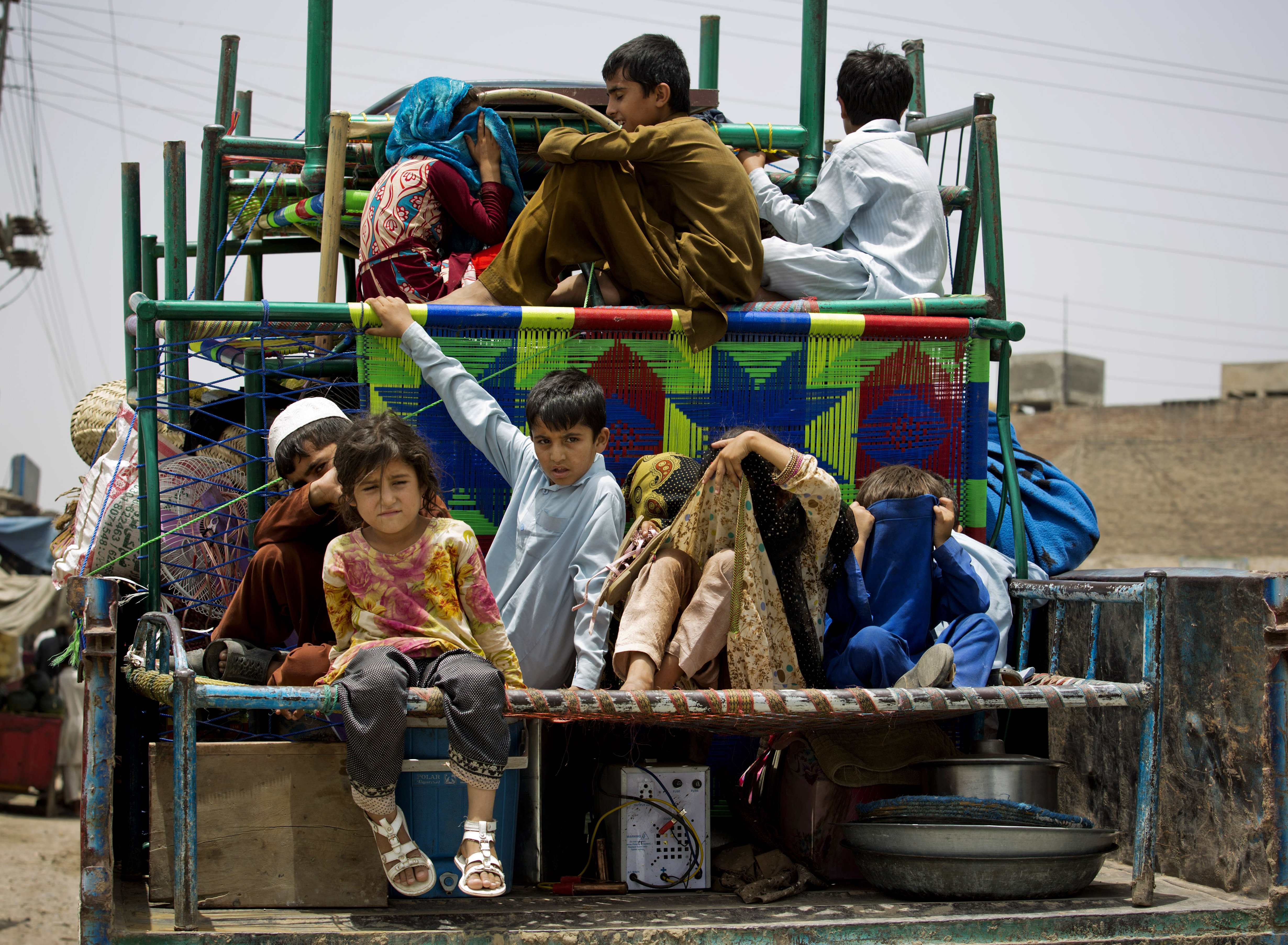
Pakistan’s “Forgotten Crisis”
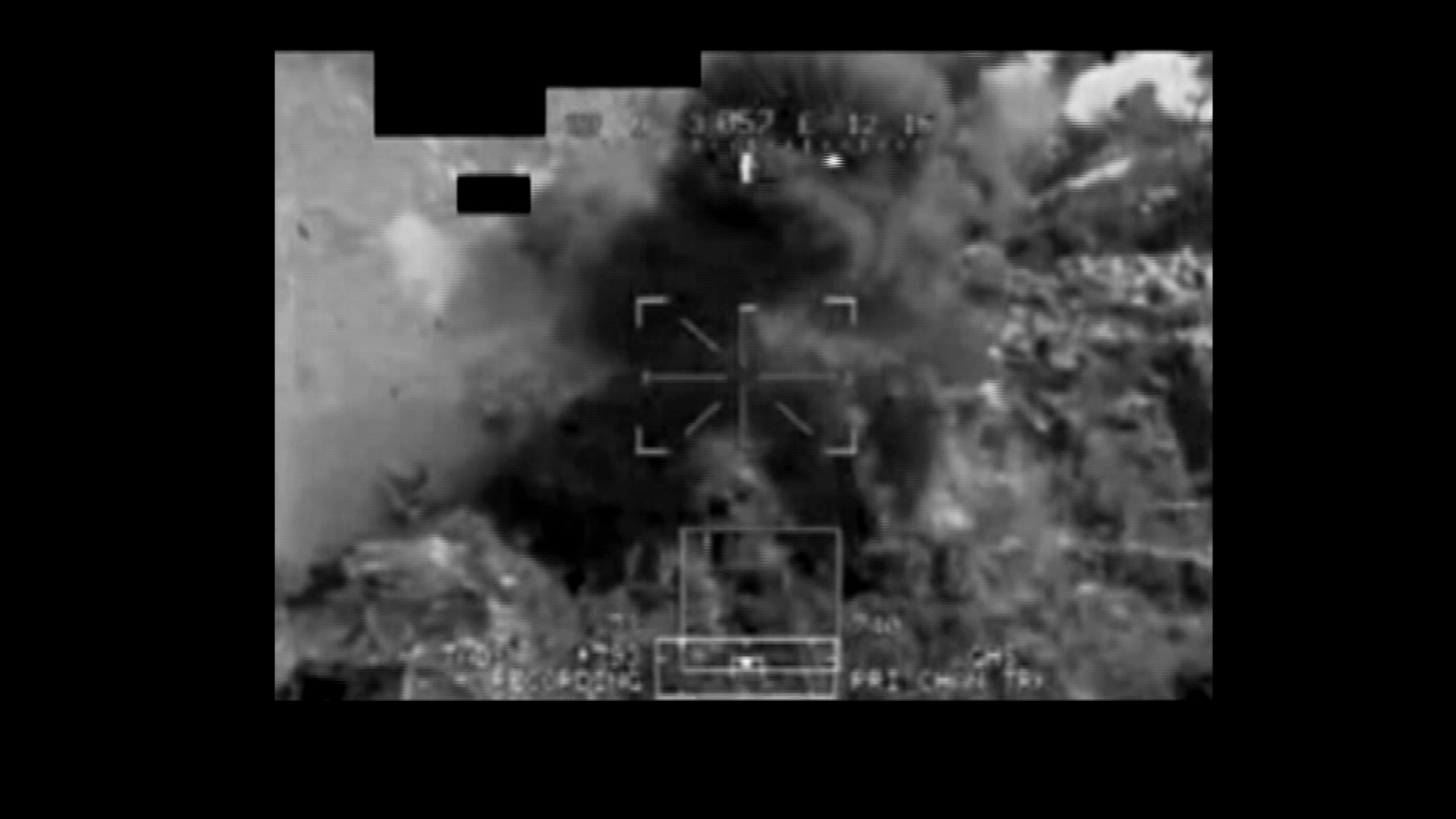
The Covert Convert Behind the CIA’s Drone Program
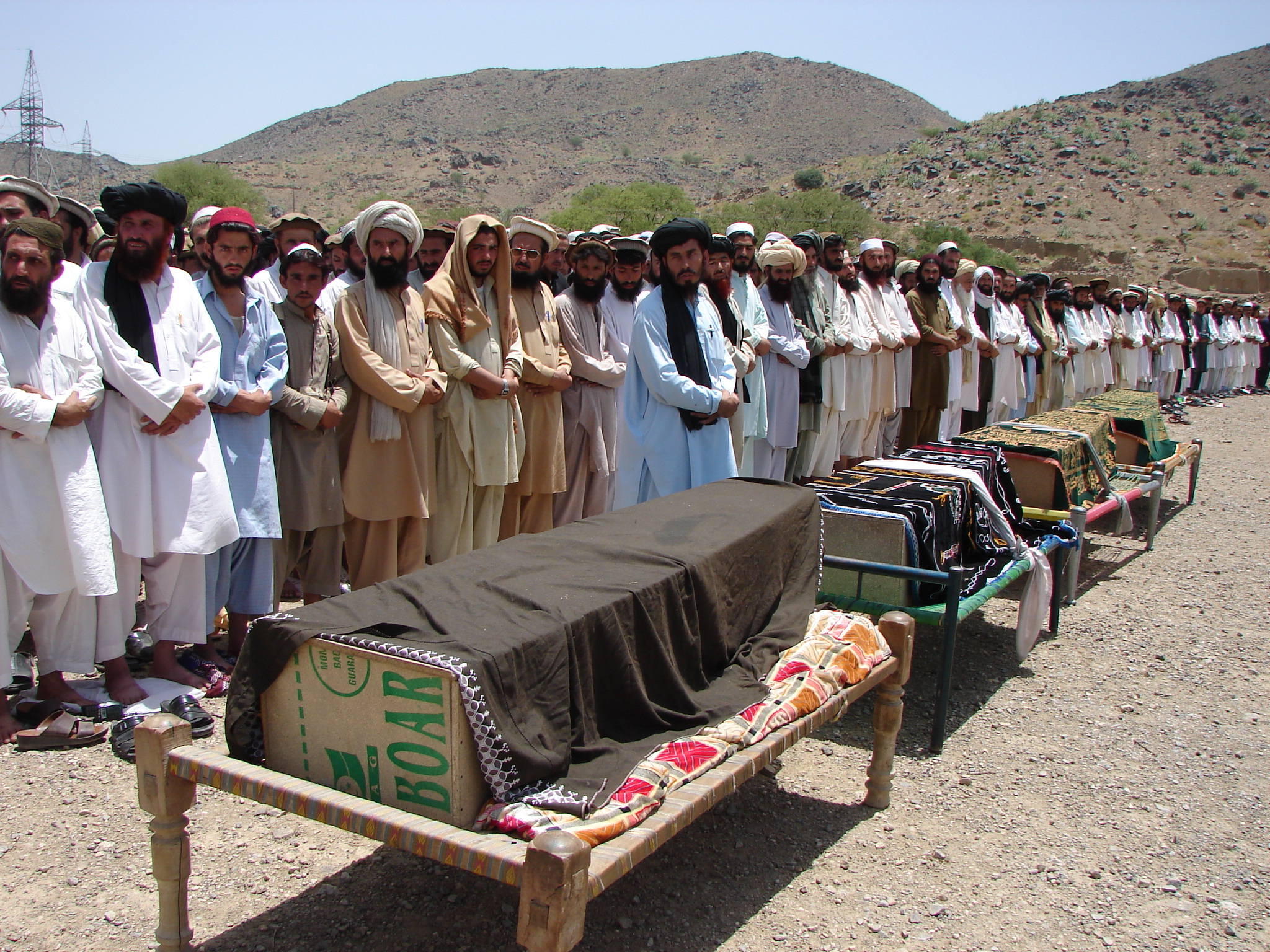
Study Suggests Majority of Those Killed in Pakistan Drone Strikes Are Militants
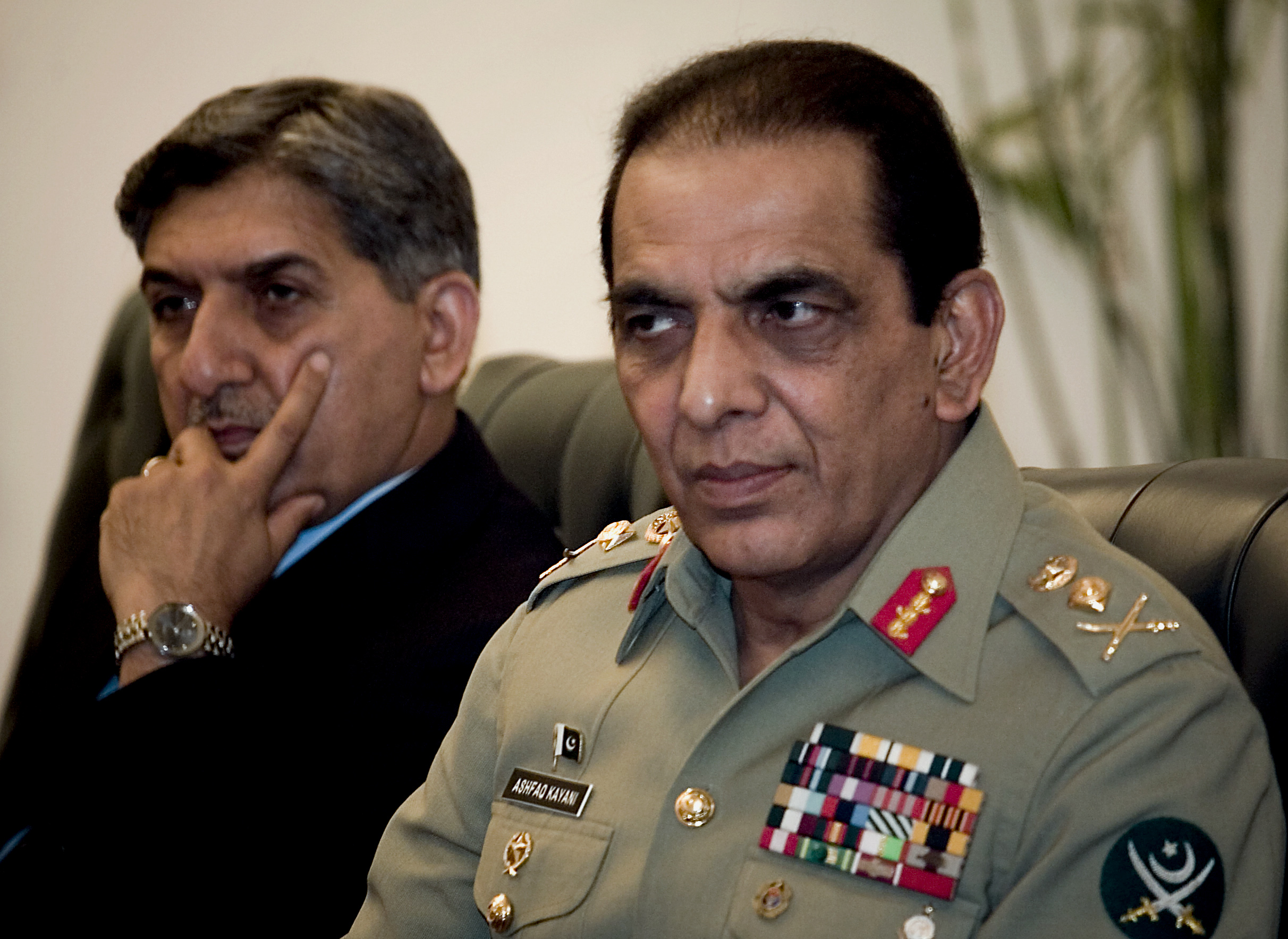
Pakistan Spy Chief’s Term Set to Expire Amidst Shaky Relations with U.S.
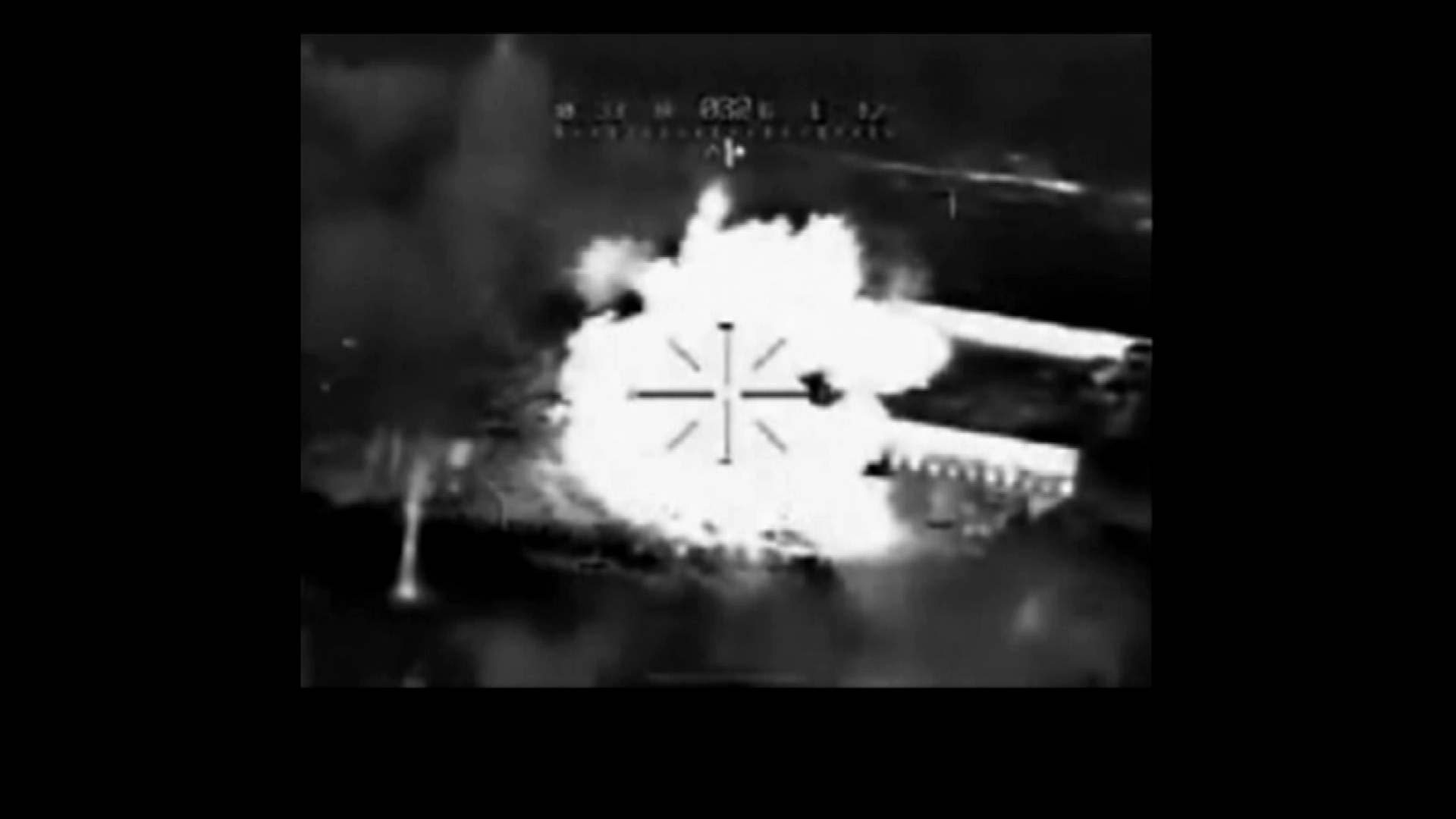
New Study Asserts Drone Strikes in Pakistan Target Rescuers, Funerals
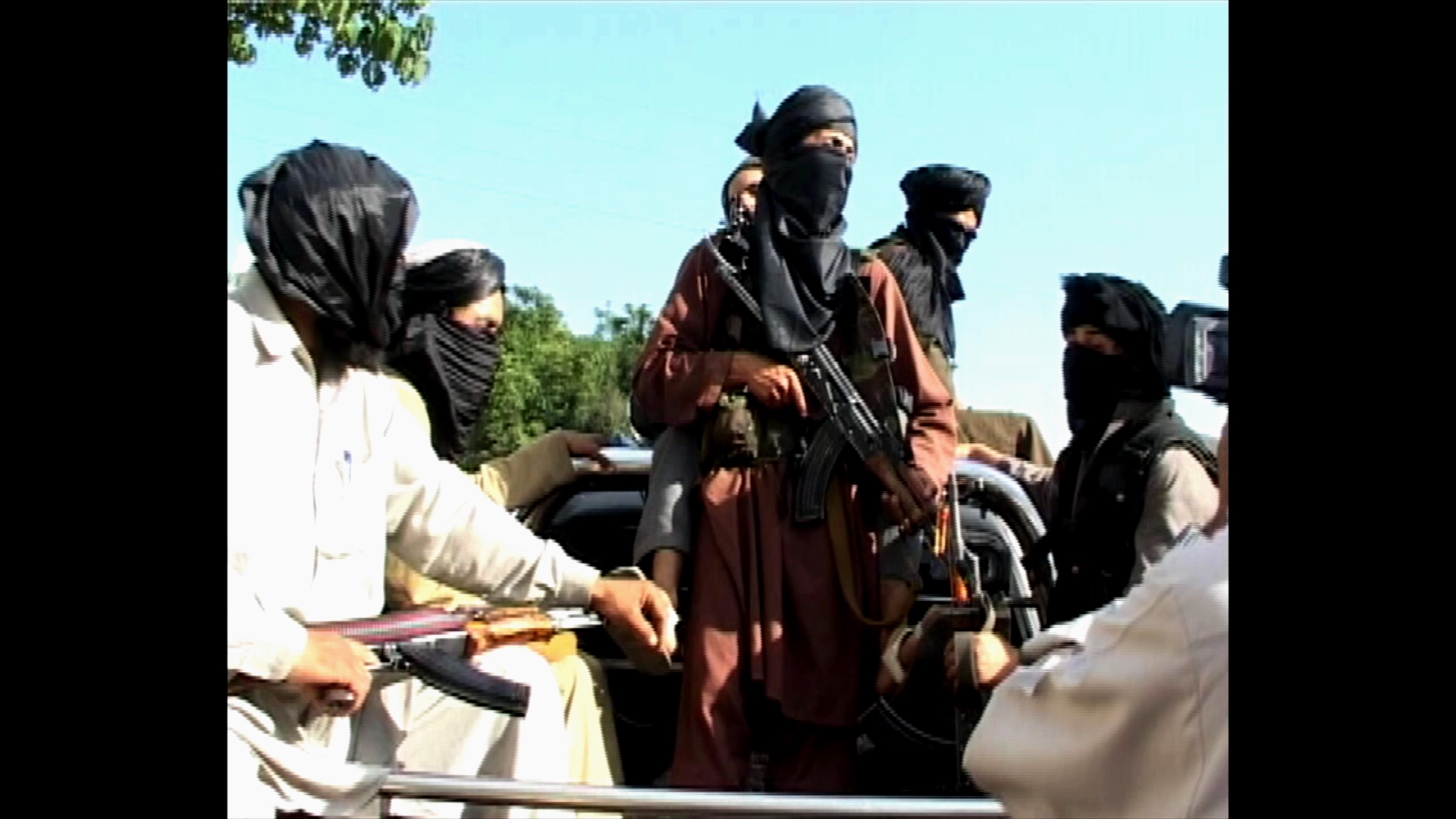
Leaked NATO Report Alleges Pakistani Support for Taliban

Is the Obama Administration Becoming More Transparent about Drones?
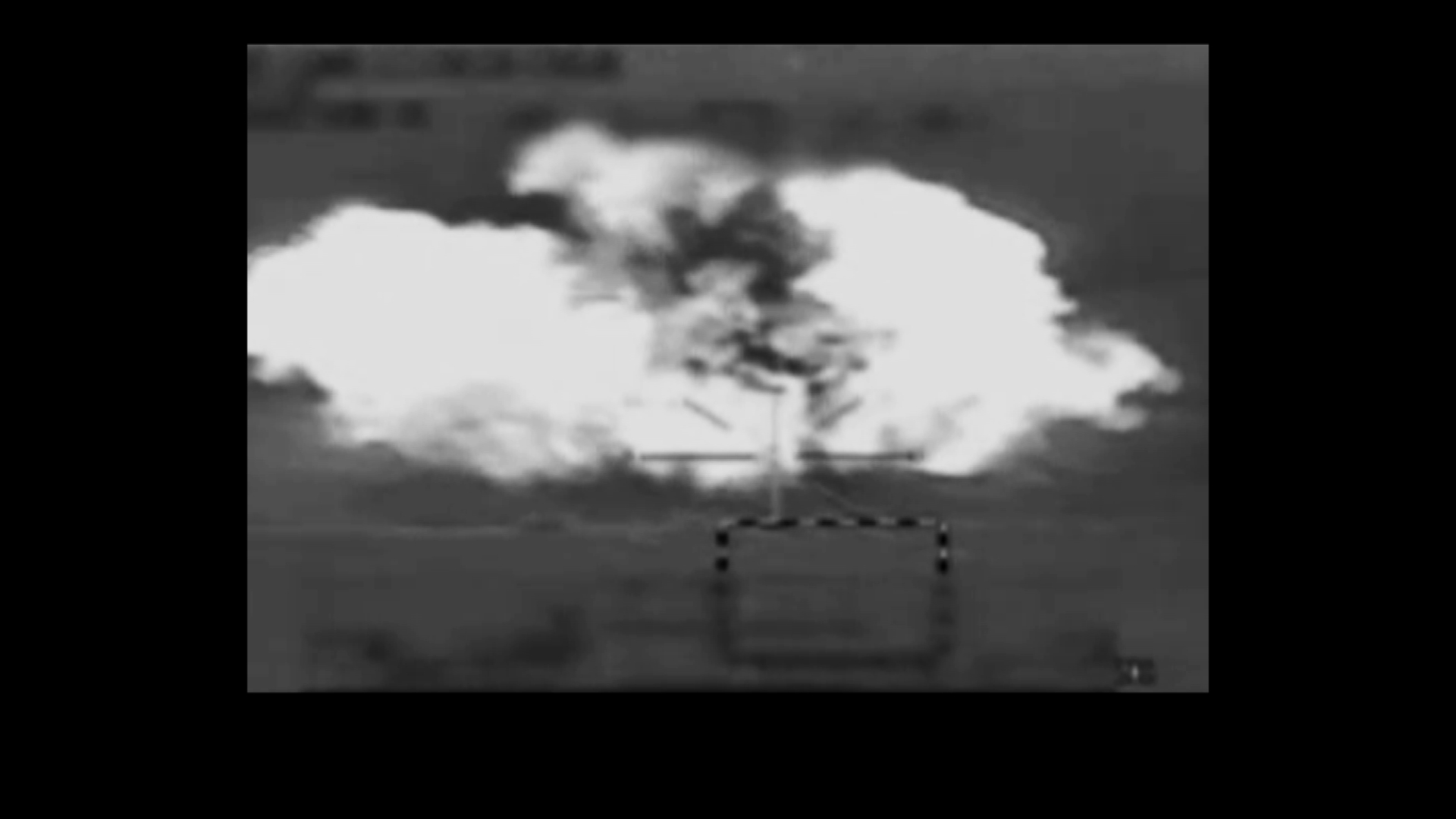
New Reports Say Al Qaeda Leader Killed in Recent Drone Strike

Drone Strikes Resume, Rumored To Kill Top Pakistani Militant

What Kind of an Ally Is Pakistan?
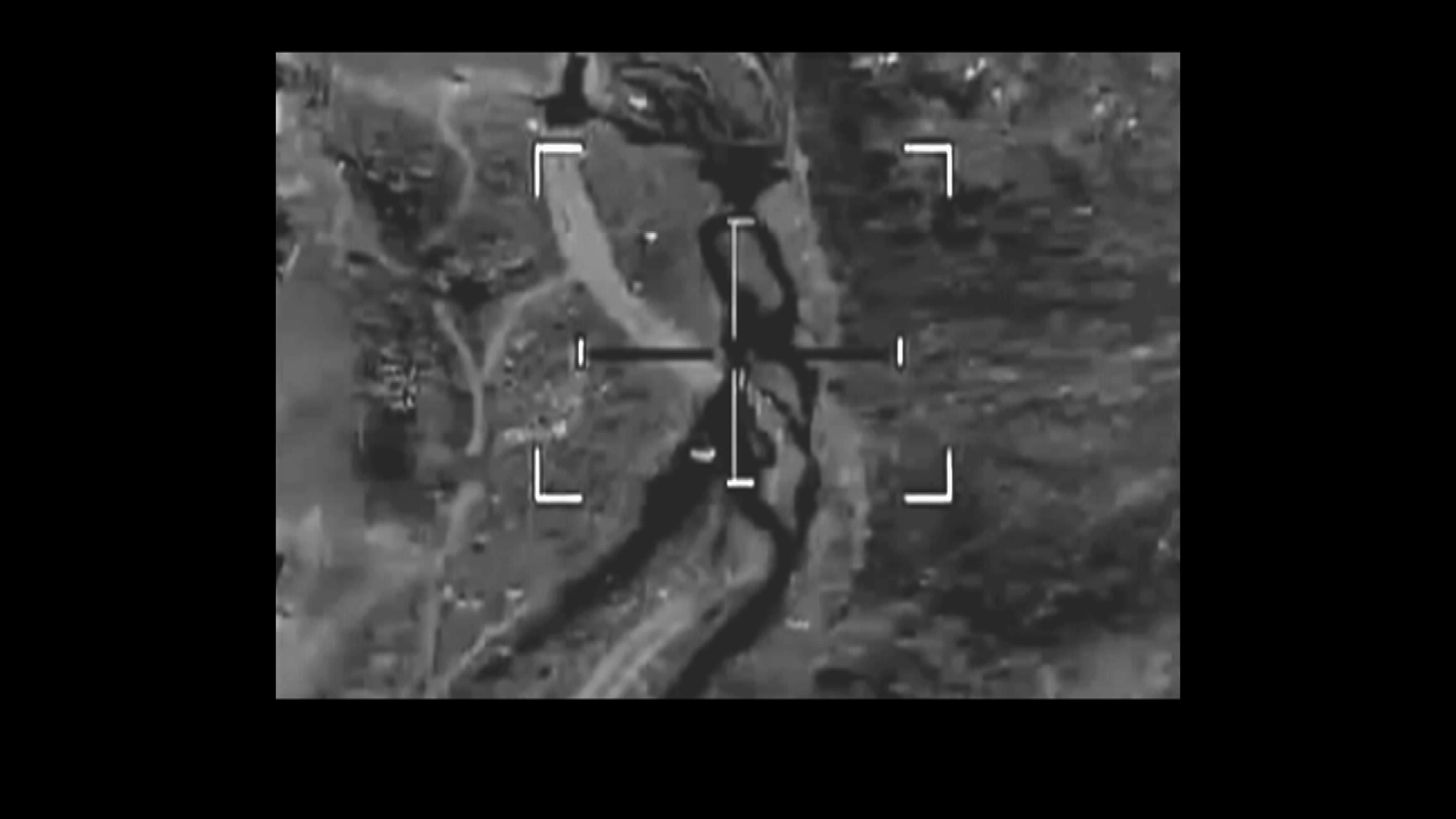
CIA Drone Program in Pakistan Reportedly “On Hold” as Relations Deteriorate
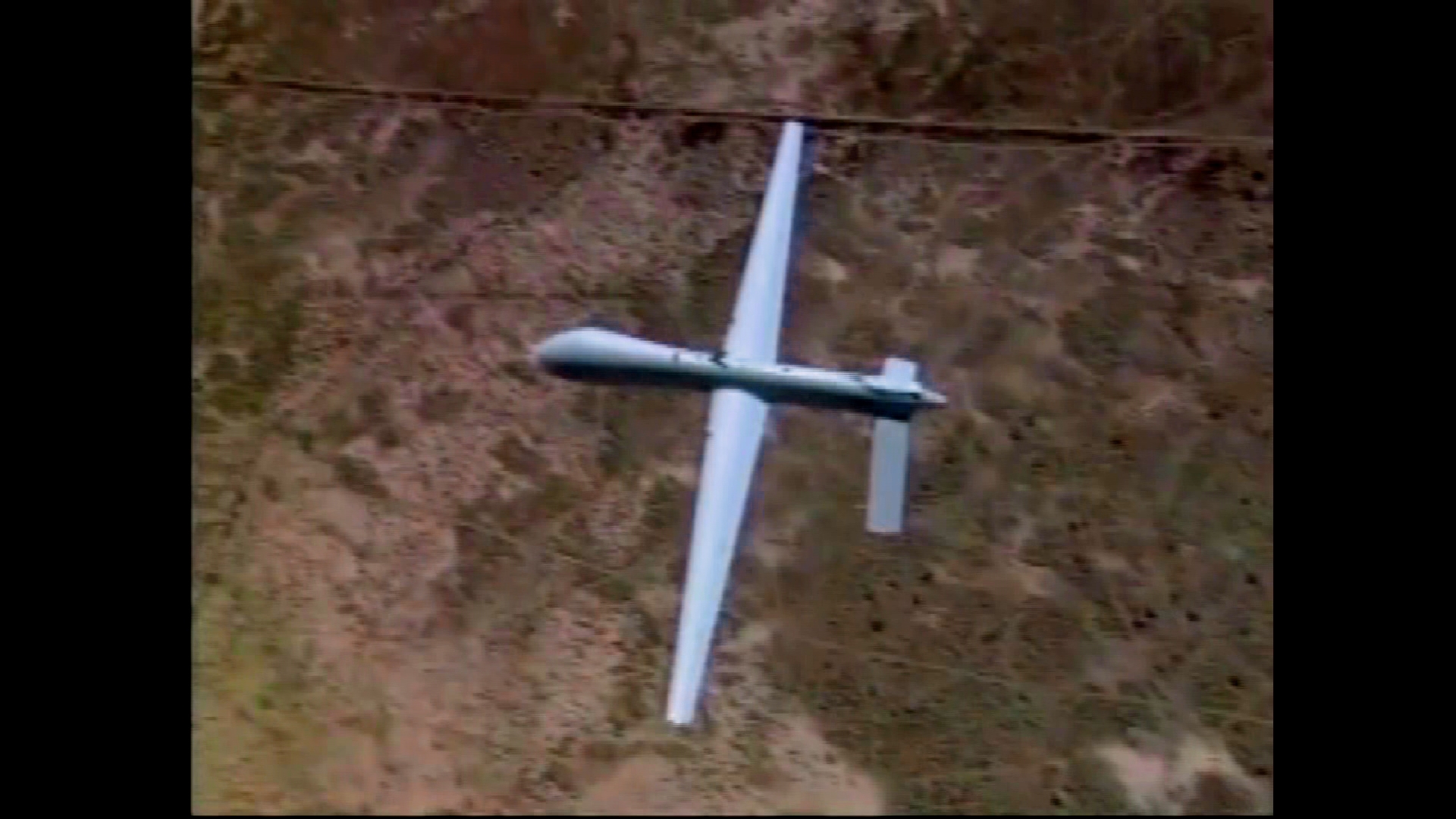
How the Drone War Plays Out in Pakistan’s Tribal Areas
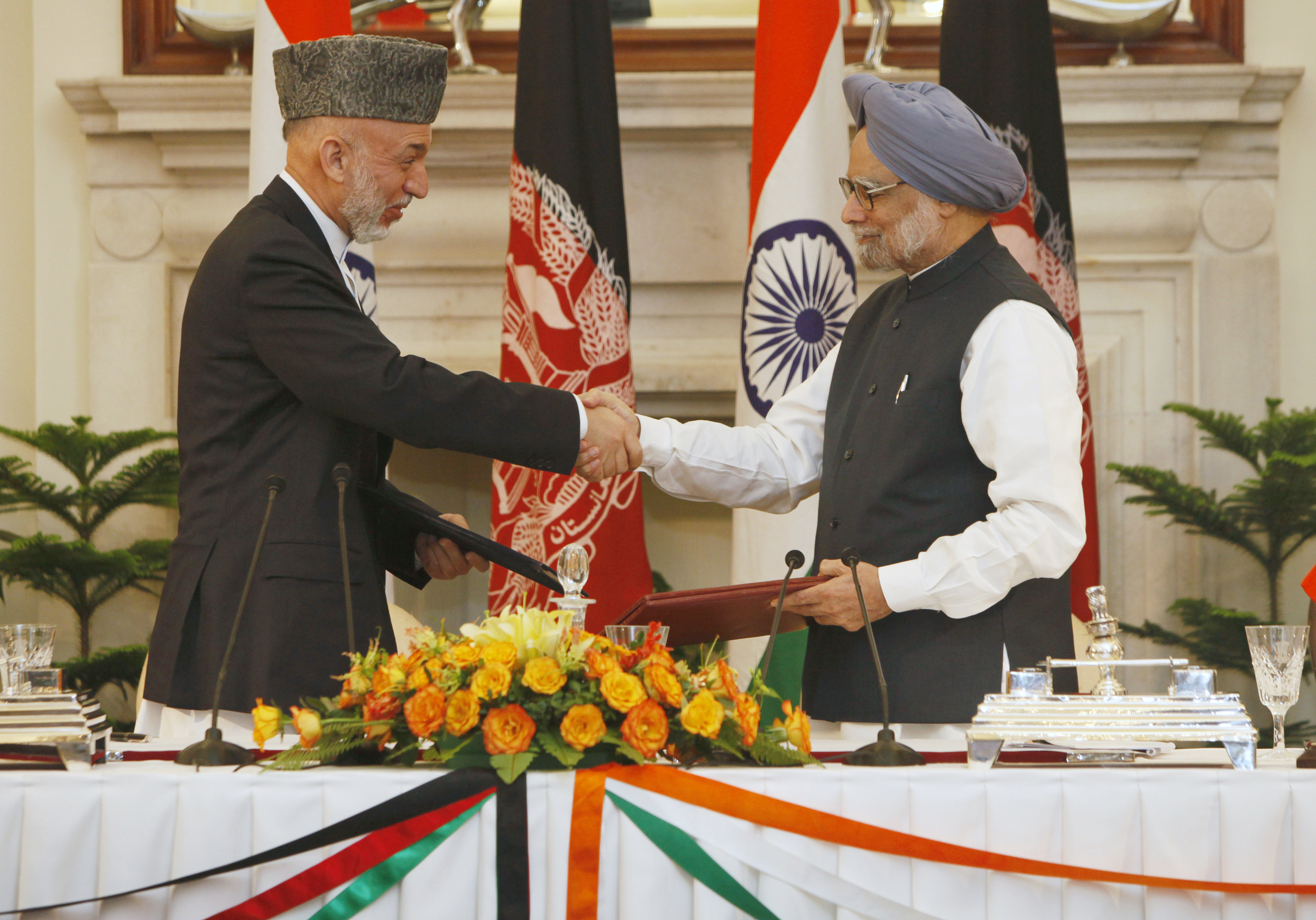
Making Sense of the Latest India-Afghanistan-Pakistan Drama
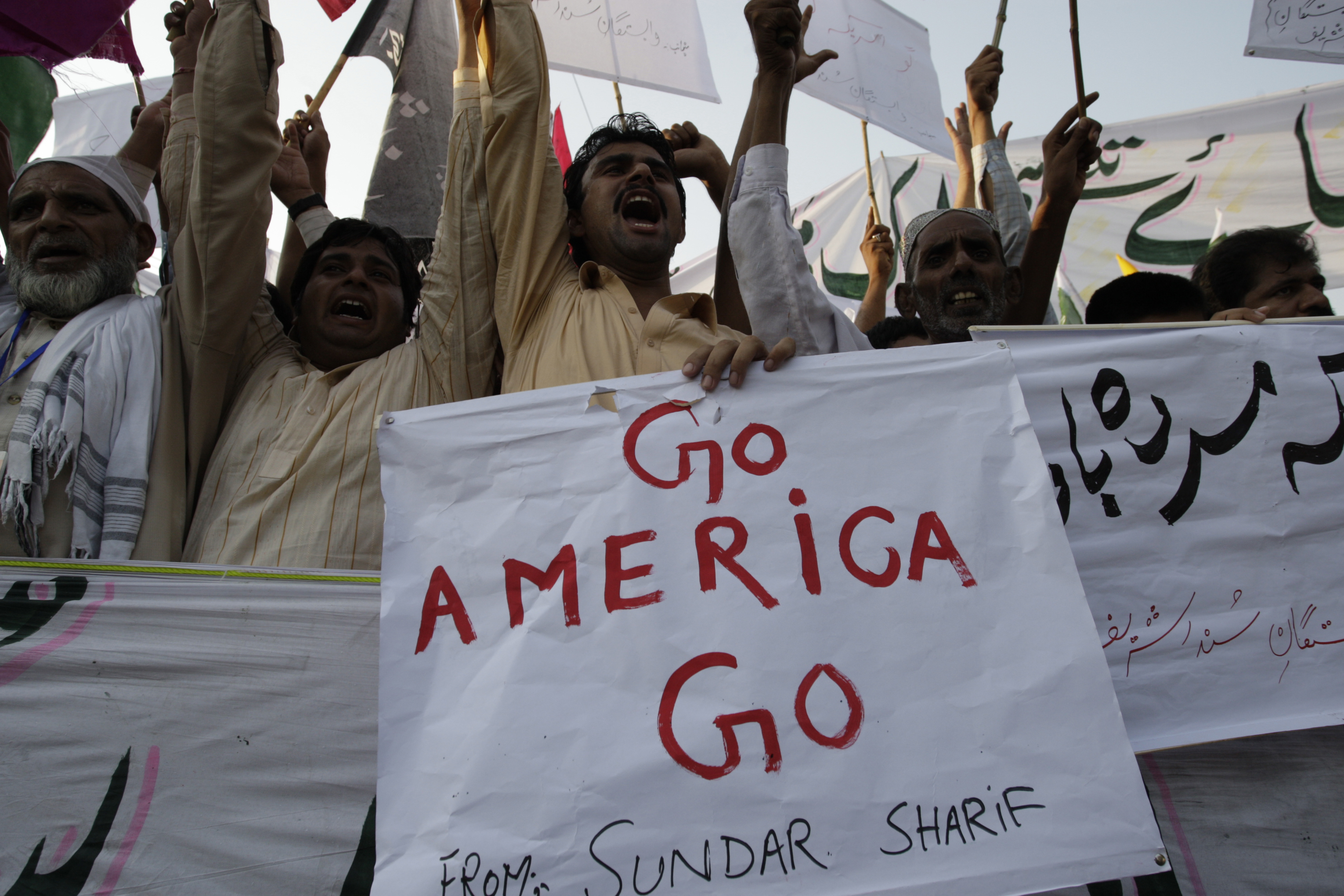
A New, New Low in U.S.-Pakistan Relations

JSOC Using Captured Militants to Analyze Intel

Top U.S. Officials Weigh In As Drone Debate Escalates

Dexter Filkins: We Don’t Know What Side the Pakistanis Are On
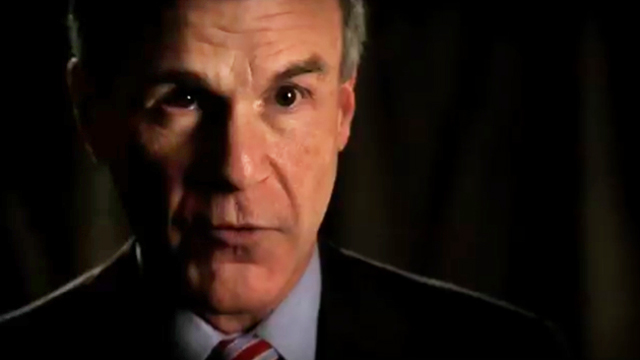
Former CIA Drone Chief Questions Policy
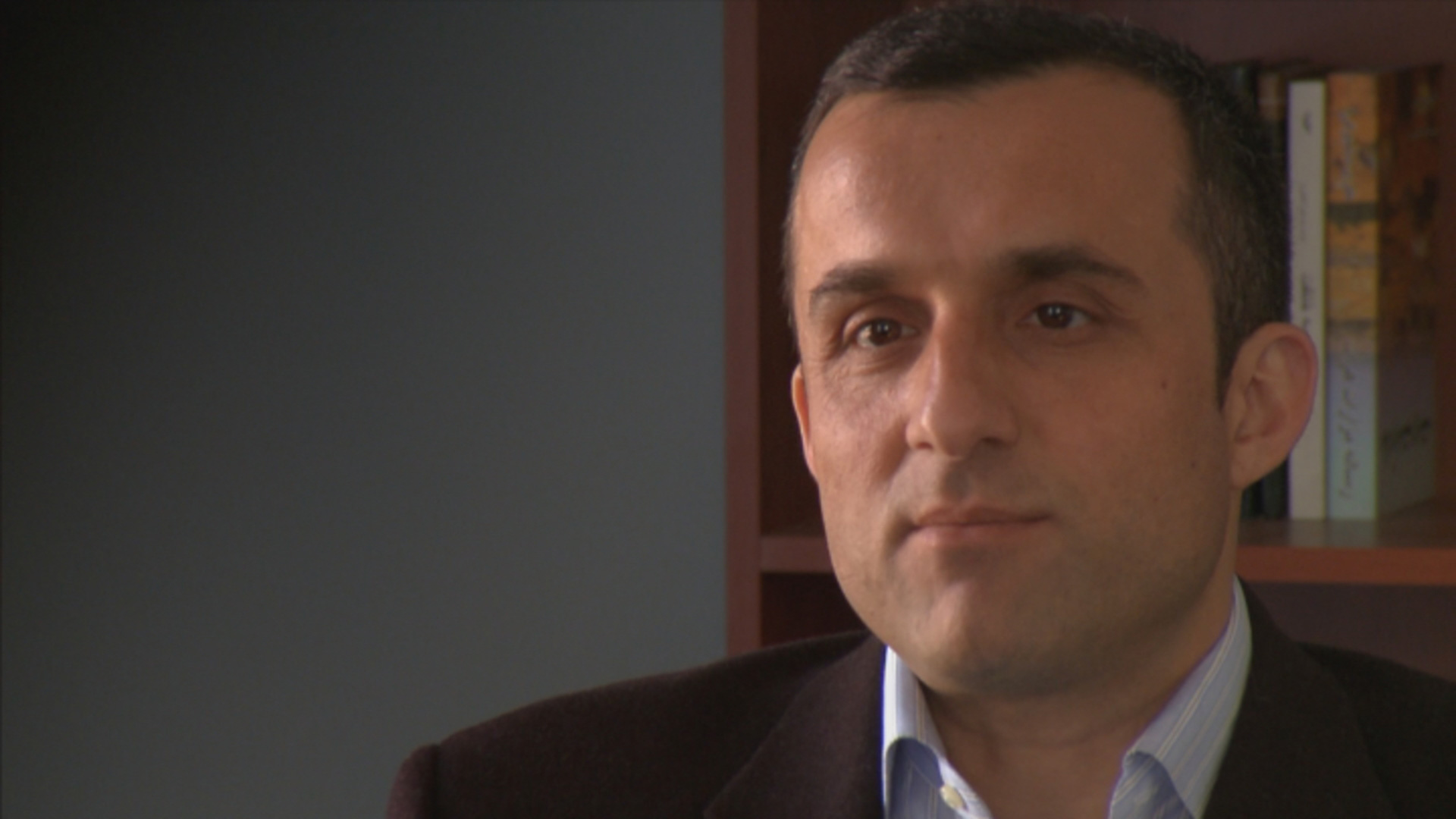
A Conversation with Amrullah Saleh
Related Stories

18 Essential Documentaries on Afghanistan and the Taliban

17 Essential Documentaries on the War in Afghanistan — and Its Consequences

Amid the U.S. Withdrawal From Afghanistan, 14 Documentaries Explore the Two-Decade War and Its Impact

The War in Afghanistan: As Biden Sets U.S. Withdrawal Date, 13 Documentaries Explore the Conflict and Its Impact

Pakistan’s “Forgotten Crisis”

The Covert Convert Behind the CIA’s Drone Program

Study Suggests Majority of Those Killed in Pakistan Drone Strikes Are Militants

Pakistan Spy Chief’s Term Set to Expire Amidst Shaky Relations with U.S.

New Study Asserts Drone Strikes in Pakistan Target Rescuers, Funerals

Leaked NATO Report Alleges Pakistani Support for Taliban

Is the Obama Administration Becoming More Transparent about Drones?

New Reports Say Al Qaeda Leader Killed in Recent Drone Strike

Drone Strikes Resume, Rumored To Kill Top Pakistani Militant

What Kind of an Ally Is Pakistan?

CIA Drone Program in Pakistan Reportedly “On Hold” as Relations Deteriorate

How the Drone War Plays Out in Pakistan’s Tribal Areas

Making Sense of the Latest India-Afghanistan-Pakistan Drama

A New, New Low in U.S.-Pakistan Relations

JSOC Using Captured Militants to Analyze Intel

Top U.S. Officials Weigh In As Drone Debate Escalates

Dexter Filkins: We Don’t Know What Side the Pakistanis Are On

Former CIA Drone Chief Questions Policy

A Conversation with Amrullah Saleh
Reported by Martin Smith & Stephen Grey
MARTIN SMITH, Correspondent: [voice-over] For six months, FRONTLINE investigated a secret war against insurgents operating from inside Pakistan. A year ago, I traveled across Afghanistan and up to the border of Pakistan together with FRONTLINE correspondent Stephen Grey.
Beyond this checkpoint, the campaign against the Taliban and al Qaeda is led by U.S. intelligence. Here the CIA is funding, arming and running secret Afghan militia, who guard the border, gather intelligence, and launch kill raids against the militants.
DEXTER FILKINS, The New Yorker: They’re called “Counter-Terrorism Pursuit Teams,” and they are groups of Afghans very well paid, apparently pretty well trained, with guns, and they operate at the direction of the CIA. These are direct action, you know, “go to the ball” kind of groups. They’re not standing around and guarding checkpoints, and you know, street corners. They’re going after people.
MARTIN SMITH: Here in the province of Khost, the CIA unit is known as the Khost Protection Force, or KPF. They are based in Afghanistan, but their work is focused on Pakistan.
MILITIAMAN: [subtitles] The KPF guys don’t like the camera.
MARTIN SMITH: Up at the border, we were stopped from filming them—
MILITIAMAN: [subtitles] They belong to a special force, so they don’t like—
MARTIN SMITH: —but a former commander agreed to talk if his identity was protected.
MILITIAMAN: [subtitles] They belong to a special force. They support special forces.
FORMER CIA MILITIA COMMANDER: [subtitles] The KPF is a militia created to deny sanctuary to al Qaeda and the Taliban. Our area of operation is the border. We had to stop Taliban and al Qaeda crossing the border.
MARTIN SMITH: The Wikileaks war logs, released in 2010, contain references to the CIA’s private army in Khost. They fire mortars at Taliban and al Qaeda targets in Pakistan. With the help of drones — “shadow coverage” — they ambush and kill insurgent fighters crossing the border.
FORMER CIA MILITIA COMMANDER: [subtitles] We killed Arabs and Chechens. And we saw them. We were able to identify their bodies.
MARTIN SMITH: Pakistan is supposed to be an ally in the war against the Taliban and al Qaeda, but U.S. soldiers fighting along the border complain that Pakistan’s army supports the militants.
Maj. MICHAEL WALTZ, U.S. Special Forces Officer (Reserves): From my time on the border, we experienced on a regular basis Pakistani military complicity with the insurgency. It could be turning a blind eye as the insurgents launch rockets at our bases. It could be allowing passage, you know, kind of right under their noses. It could be even aiding and working with the insurgents to know what times to cross the border, telling them when our patrols or when the Afghan army patrols typically come.
It was complicity on their part. And that piece, on an operational and a tactical standpoint, has to change in order for us to see success in Afghanistan.
MARTIN SMITH: Pakistan’s army denies the accusations of complicity. They point to the sacrifices they have made in fighting militants across the tribal areas.
Maj. Gen. ATHAR ABBAS, Pakistan Chief Military Spokesman: This kind of insinuation or allegation is unjust. These are unfair allegations on Pakistan. Pakistan has done so much. We’ve lost over 3,000 soldiers and officers in this war. We have cleared so many areas. So many al Qaeda leaders have been apprehended by our intelligence agencies. Of course, there was a sharing of intelligence with the other side, as well.
So with these kind of performance and record, if still someone is not satisfied, then we are not to be blamed in this.
MARTIN SMITH: But FRONTLINE’s investigation found that Taliban leaders still move freely around the country. My colleague, Stephen Grey, made contact with a Taliban commander operating from Pakistan. He arranged to meet him just outside the capital, Islamabad, not far from where Osama bin Laden was killed last May.
The commander told us how dependent the Taliban is on sanctuary in Pakistan to wage war across the border.
TALIBAN COMMANDER: [subtitles] Across the border, our life is now very difficult. But Pakistanis are helping us. Pakistan is our nation. These are our people. They help and support us. They are on our side. Our war is in Afghanistan and our operations are continuing, but it is not necessary to endanger our lives and live there. During winter, we come here. In the spring, we will go back and fight. Even now, our operations are ongoing. But in the summer, it will increase.
STEPHEN GREY, Correspondent: And is the border hard to cross?
TALIBAN COMMANDER: [subtitles] Crossing the border during the day is very difficult, especially on the Afghan side. But crossing at night is easy.
DEXTER FILKINS, The New Yorker: Frankly, we don’t know on any given day what side the Pakistanis are on. There is overwhelming evidence that, you know, even as the Pakistani government takes, you know, between $1 billion and $2 billion a year from the United States government in aid, they also maintain links with the Taliban, and they support the Taliban. And they certainly support and maintain very extensive links with the Haqqani network, which is one of the most deadly insurgent groups operating in Afghanistan.
MARTIN SMITH: The Haqqani network is a major branch of the Taliban with close links to al Qaeda. Pakistan’s military intelligence agency, the ISI, has a history of supporting them.
AMRULLAH SALEH, Head of Afghan Intelligence, 2004-10: Without their protection, without them tolerating the presence of these operatives to do planning, training and using Pakistan soil, they won’t be able to do these operations. So ISI knows they are doing it. And ISI is happy they are doing it because through them, Pakistan promotes her policy in Afghanistan. And the policy is “Taliban are ours and they are to dominate Afghanistan.”
MARTIN SMITH: [on camera] And “We’re going to help those who help them.”
AMRULLAH SALEH: Yes.
MARTIN SMITH: By protecting them.
AMRULLAH SALEH: Yes.
MARTIN SMITH: By not arresting them.
AMRULLAH SALEH: [nods]
MARTIN SMITH: [voice-over] For example, one militant alleged to be close to the ISI is a known leader in the Haqqani network. According to U.S. intelligence, Tajmir Jawad is responsible for several major attacks on targets in Kabul.
AMRULLAH SALEH: More than a dozen times after we found out this particular operation was carried out with blessings of Tajmir, we told ISI, “This guy is not hiding in mountains. He is either in Peshawar or he is in this specific building with this telephone number.” They never arrested Tajmir because Tajmir is their man.
STEPHEN GREY, Correspondent: Both Americans and Afghan counterterrorism officials told us about one senior Taliban Haqqani leader. He’s called Tajmir Jawad. And they say they have constantly told Pakistan’s military agencies about this man, but still, he appears to be living freely.
Maj. Gen. ATHAR ABBAS, Pakistan Chief Military Spokesman: I’ll have to check back with the intelligence agencies, what exactly is their information on that. But other than this, all other these things are up in the air. There are no specifics in that. One would like only to counter if a fact is given in detail on the— on these issues. But in the past, a lot of these leaders have been arrested, apprehended, and have been acted against. So if this is a specific case, I would like to check up with the agency and then return back on that.
MARTIN SMITH: It’s true that Pakistan has arrested some key Taliban leaders. For years, the Taliban have complained that the ISI is playing a double game with them. But after spending three months interviewing numerous Taliban commanders, Matt Waldman published a widely discussed paper on their ISI support.
MATT WALDMAN, Independent Researcher: From the interviews we conducted, I would say the Talibs felt that they needed the support of the ISI to conduct their campaign, and of course, a campaign which has had to escalate to meet the escalation from the coalition side.
The strong feeling amongst the Talibs is that the ISI has very heavy influence over their movement. And they believe that that exists at a local level and at a senior level in terms of the leadership. What they talk about is the ability of the ISI to penalize or to punish those who do not act in accordance with its wishes.
MARTIN SMITH: The Taliban commander we interviewed said that if Pakistan chose to, it could, quote, “arrest us all in an hour.”
STEPHEN GREY: How does the Pakistan government put pressure on the Taliban?
TALIBAN COMMANDER: [subtitles] They put pressure on us. They sometimes arrest our people, saying we are extremist or al Qaeda. And occasionally, they even arrest our leaders.
MARTIN SMITH: At best, Pakistani pressure on the Taliban has been selective. The military has left the Haqqani network almost untouched in the tribal area of North Waziristan. U.S. military sources told FRONTLINE the Pakistanis are unwilling to take them on.
Lt. Gen. YASIN MALIK, Commander, 11 Corps: There are hundreds of groups operating in that area. You know, we have to mobilize resources, maybe cool down the other places, stabilize other places, and then sort of get the forces together and then go for it. So that is not an issue.
MARTIN SMITH: For more than six years, the United States has been pressing the Pakistanis to launch an offensive in North Waziristan. In the meantime, the CIA has taken matters into its own hands. Remotely piloted drones have fired more than 280 Hellfire missiles and bombs at targets in the tribal areas.
Officially, the CIA does not speak about the drone war. But an agent who once ran the campaign agreed to talk to FRONTLINE about the program.
ROBERT GRENIER, Dir., CIA Counterterrorism Center, 2004-06: The calculus is really a very simple one. It’s trying to kill people before they kill you. It’s as simple as that. Now, it may have the knock-on and potentially intended effect, you hope, of discouraging further militancy. When people see others, you know, going up in a puff of smoke, you know, one hopes that that will induce people to go home and sit out the fight. This is very much a kill or be killed situation, and that’s very much the dynamic that governs this.
MARTIN SMITH: The drone war was initially conceived to kill only the leadership of al Qaeda and the Taliban, but President Obama has dramatically widened the campaign. Under his administration, the CIA has launched nearly six times more strikes than it did under President Bush.
ROBERT GRENIER: There are many more fighters who are launching attacks across the line into Afghanistan. So in essence, you have a much larger and much broader target set in the tribal areas, and most specifically in North Waziristan. I think that’s the reason why we’re seeing such a broadening of the aperture for those sorts of attacks.
DEXTER FILKINS: You’ve had just an enormous upswing, particularly since President Obama took office, on the number of Predator strikes. It’s just— the curve just goes straight up. And they have a lot of faith in those Predators. It’s all driven by intelligence, so you have a massive network of intelligence gathering that’s going on at the same time.
MARTIN SMITH: As the drone war escalated, the United States has had to develop a network of informers on both sides of the border.
AMRULLAH SALEH, Head of Afghan Intelligence 2004-10: Well, we have very close sharing of information with the Americans about targets. But drone operation is a very sensitive, secret U.S. operation. I don’t know much about it.
MARTIN SMITH: [on camera] But your counterparts in the CIA were running these drones.
AMRULLAH SALEH: Right.
MARTIN SMITH: You gave them targets in the tribal areas.
AMRULLAH SALEH: Yes.
MARTIN SMITH: This is human intelligence on the ground?
AMRULLAH SALEH: Yes.
MARTIN SMITH: Inside the tribal areas.
AMRULLAH SALEH: Wherever.
MARTIN SMITH: [on camera] The drone program is said to have killed more than 2,000 militants in the last four years. But Pakistanis protest the strikes are responsible for hundreds of civilian casualties, and others warn they risk creating a new and more dangerous generation of militants.
ROBERT GRENIER: It’s not just a matter of numbers of militants who are operating in that area, it also affects the motivations of those militants. They now see themselves as part of the global jihad. They’re not just focused on helping oppressed Muslims in Kashmir or trying to fight the NATO and the Americans in Afghanistan. They see themselves as part of a global struggle, and therefore are a much broader threat than they were previously. So in a sense, yes, we have helped to bring about the situation that we most fear.
MARTIN SMITH: Over the last six months, America’s alliance with Pakistan has continued to deteriorate. In November, after a NATO raid killed two dozen Pakistani soldiers at the border, the ISI demanded the U.S. halt its drone program and threatened to shoot down any more drones caught flying over the tribal areas.
Meanwhile, as the Taliban continues to operate across the border, the U.S. plans to pull out all its troops from Afghanistan by 2014.
DIRECTED BY
Dan Edge
WRITTEN AND PRODUCED BY
Dan Edge & Stephen Grey
REPORTED BY
Stephen Grey and Martin Smith
EDITED BY
Alex Archer
CAMERA
Tim Grucza
PRODUCER (Afghanistan)
Shoaib Sharifi
FIELD PRODUCER
David Montero
CAMERA (Pakistan)
Nadab Alexander
PRODUCTION MANAGER
Joanna Marshall
PRODUCTION COORDINATOR Rebecca Thomas
ARCHIVAL
SITE Intelligence Group
FOR QUICKSILVER
HEAD OF PRODUCTION
Lesley Cherry
A FRONTLINE production with Mongoose Pictures/Quicksilver Media in association with CH 4.
FOR FRONTLINE
DIRECTOR OF BROADCAST
Tim Mangini
ASSOCIATE DIRECTOR OF BROADCAST
Chris Fournelle
ON-AIR PROMOTION
PRODUCER
Missy Frederick
ON-AIR PROMOTION EDITOR
John MacGibbon
POST PRODUCTION EDITORS
Michael H. Amundson
Jim Ferguson
Mark Dugas
ASSISTANT EDITOR
Eric P. Gulliver
POST PRODUCTION
COORDINATOR
Megan McGough
SERIES MUSIC
Mason Daring
Martin Brody
SENIOR PUBLICIST
Diane Buxton
ONLINE ENGAGEMENT COORDINATOR
Nathan Tobey
SECRETARY
Christopher Kelleher
EDITORIAL SECRETARY
Katie Lannigan
CONTENT MANAGER
Lisa Palone
LEGAL
Eric Brass
Jay Fialkov
Janice Flood
Scott Kardel
CONTRACTS MANAGER
Lisa Sullivan
UNIT MANAGER
Varonica Frye
BUSINESS MANAGER
Tobee Phipps
ASSOCIATE PRODUCERS FOR DIGITAL
Gretchen Gavett
Azmat Khan
PODCAST PRODUCER/REPORTER
Arun Rath
DIGITAL TECHNOLOGIST
Bill Rockwood
SENIOR DIGITAL PRODUCER
Sarah Moughty
WEBSITE DESIGN AND TECHNOLOGY
Entropy Media, LLC
DIRECTOR OF NEW MEDIA & TECHNOLOGY
Sam Bailey
DEPUTY STORY EDITOR
Carla Borras
COORDINATING PRODUCER
Robin Parmelee
SENIOR EDITORIAL CONSULTANT
Louis Wiley Jr.
EXECUTIVE PRODUCER SPECIAL PROJECTS
Michael Sullivan
DIRECTOR OF DIGITAL MEDIA/SENIOR EDITOR
Andrew Golis
MANAGING EDITOR
Philip Bennett
SERIES MANAGER
Jim Bracciale
SERIES SENIOR PRODUCER
Raney Aronson-Rath
EXECUTIVE PRODUCER
David Fanning
©2012
WGBH EDUCATIONAL FOUNDATION ALL RIGHTS RESERVED
FRONTLINE is a production of WGBH/Boston, which is solely responsible for its content.
Explore
Policies
Teacher Center
Funding for FRONTLINE is provided through the support of PBS viewers and by the Corporation for Public Broadcasting, with major support from Ford Foundation. Additional funding is provided the Abrams Foundation, Park Foundation, John D. and Catherine T. MacArthur Foundation, Heising-Simons Foundation, and the FRONTLINE Trust, with major support from Jon and Jo Ann Hagler on behalf of the Jon L. Hagler Foundation, and additional support from Koo and Patricia Yuen. FRONTLINE is a registered trademark of WGBH Educational Foundation. Web Site Copyright ©1995-2025 WGBH Educational Foundation. PBS is a 501(c)(3) not-for-profit organization.
